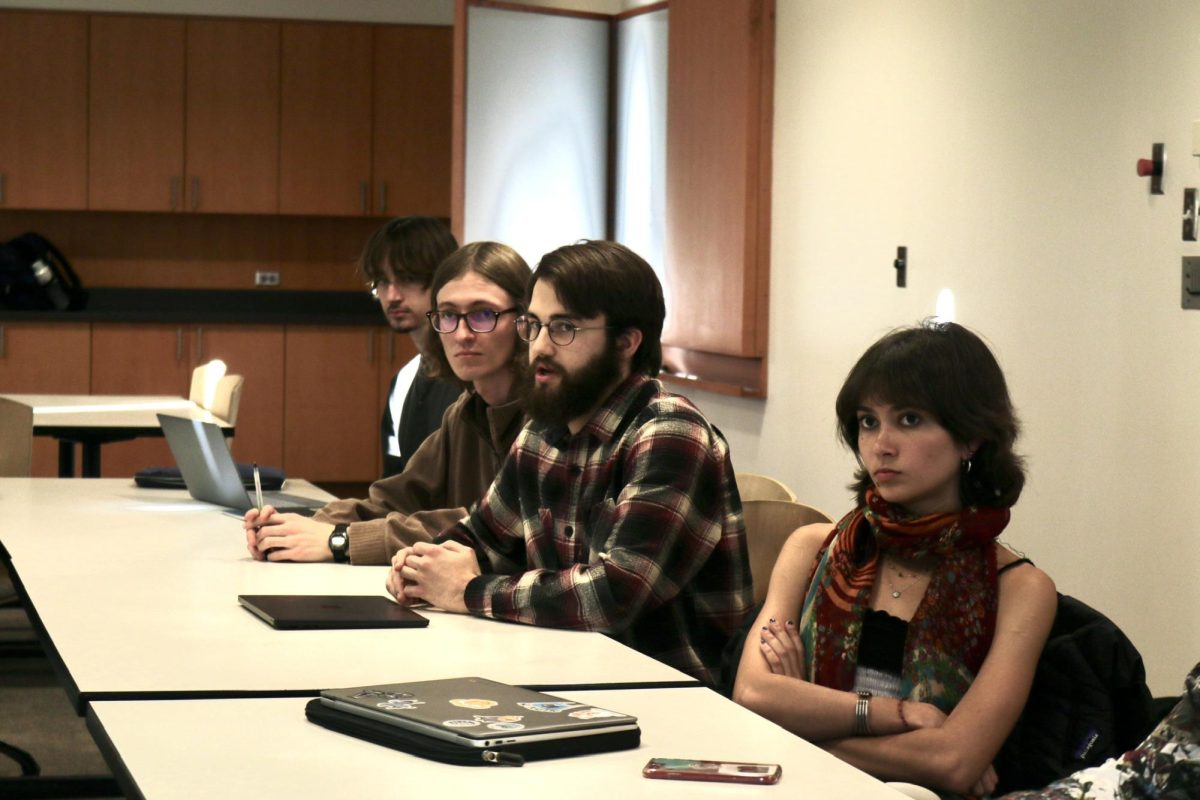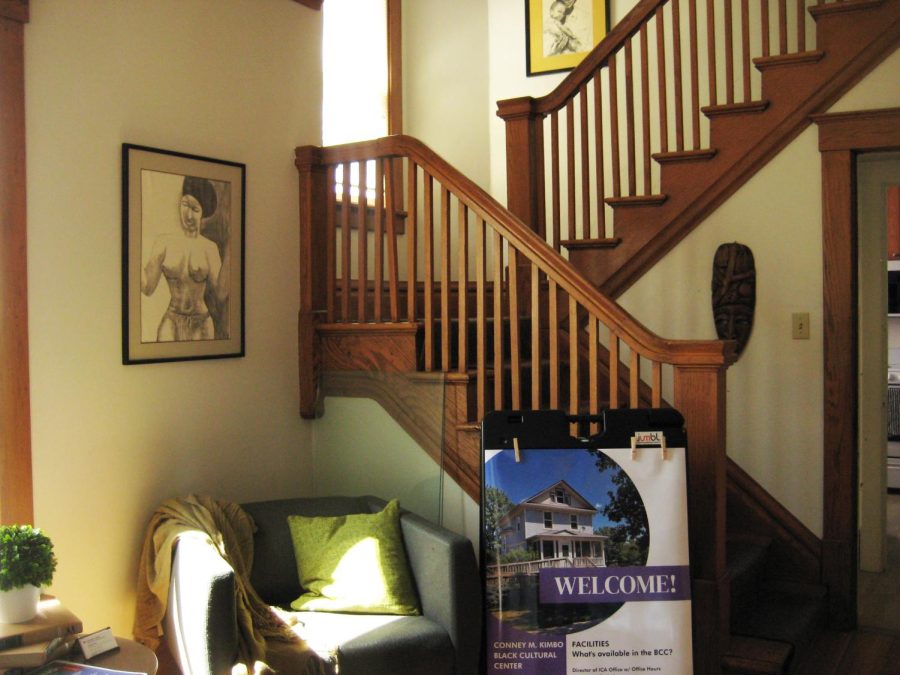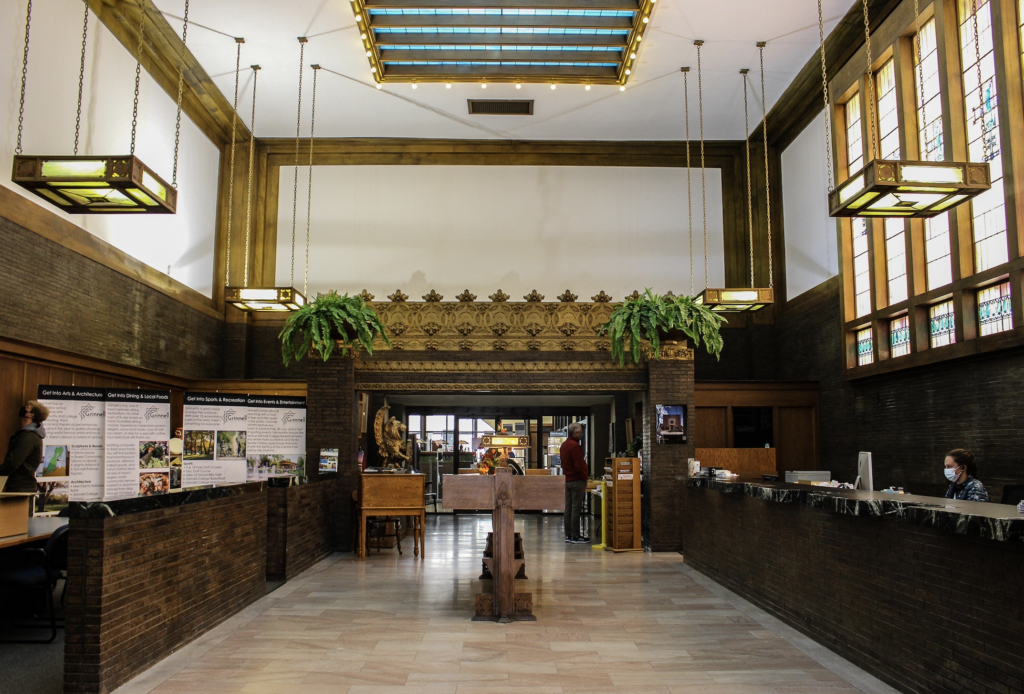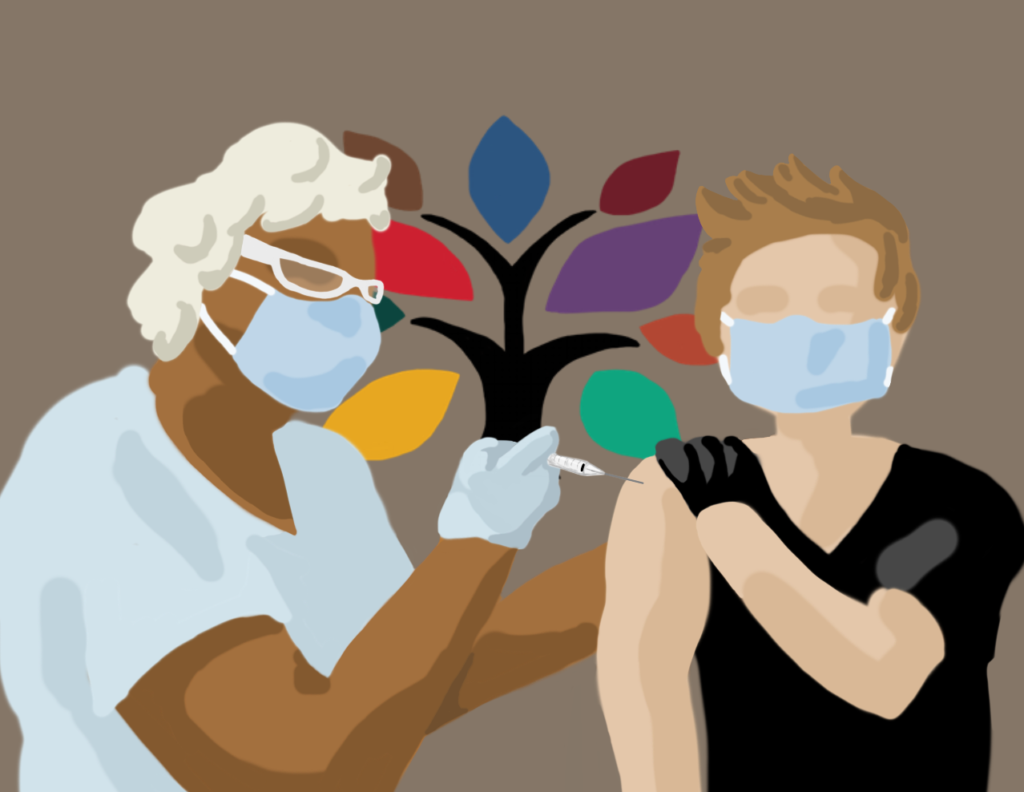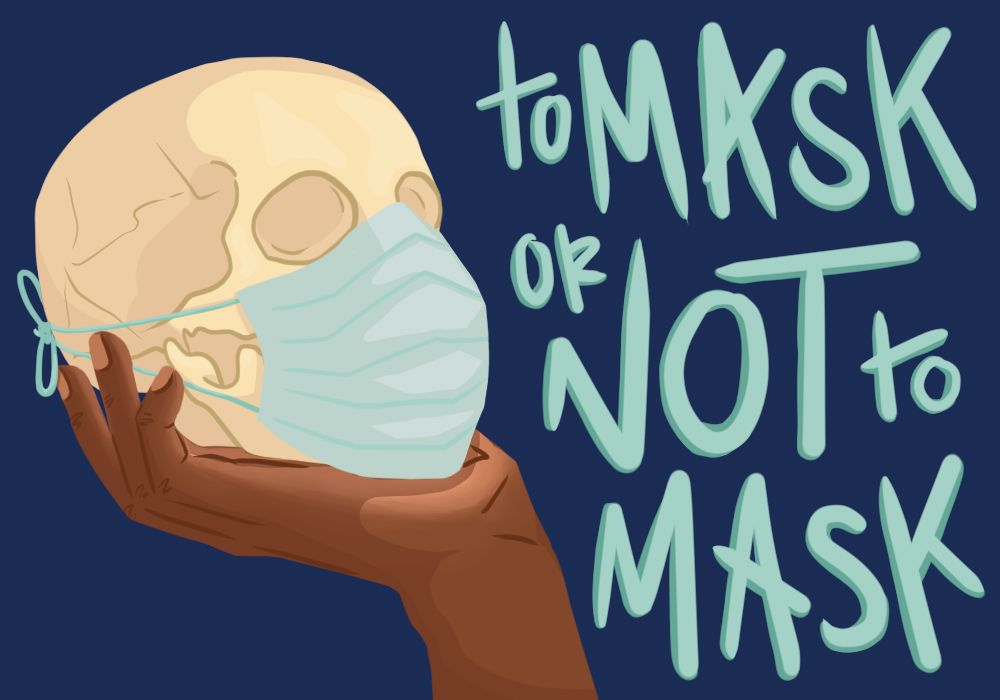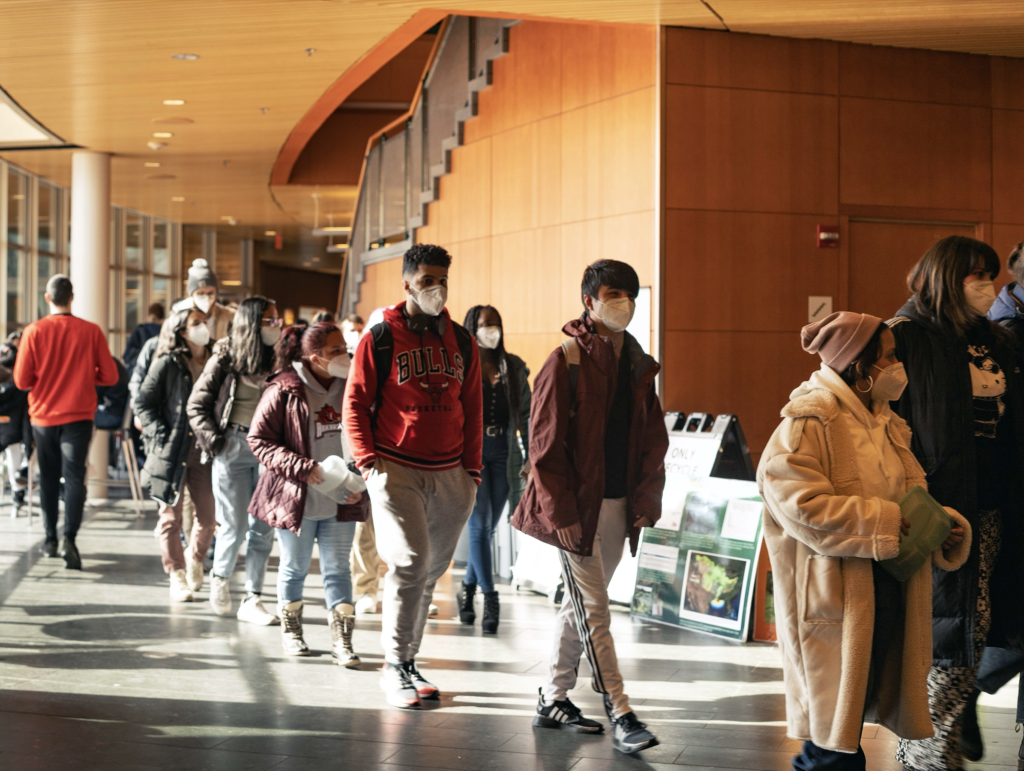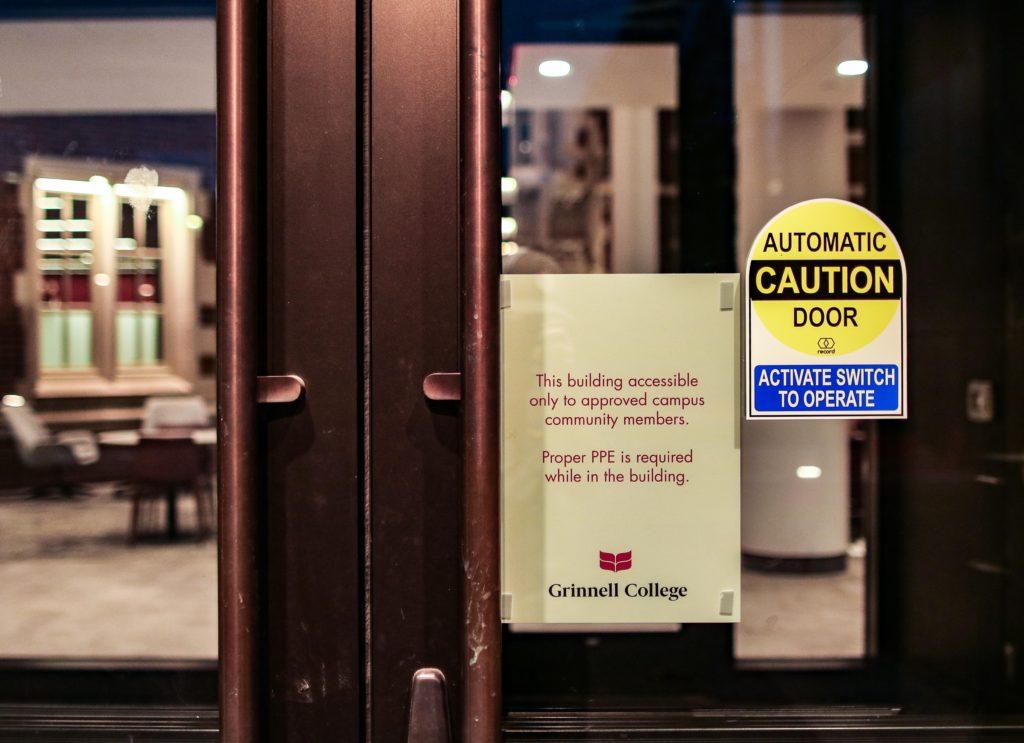Businesses in Grinnell have faced a lot in the last year, from the pandemic and the subsequent lack of Grinnell College student customers to a derecho. Despite these obstacles, the town managed to retain almost all of its businesses, weathering the literal and metaphorical storms with a variety of programs run through the Grinnell Chamber of Commerce.
Grinnell has lost a total of four businesses since the start of the pandemic, Peppertree restaurant, the Grinnell Goodwill, Grinnell Family Video, and Grinnell Outdoor Power and Service, with another four transferring to new ownership. While that is more than in a normal year, Grinnell also gained six new businesses over the same period.
Kendra Vincent of the Chamber of Commerce said she was impressed by new business owners taking the risk to open during the pandemic. “I think there will be more in the coming months. There’s still a lot of people out there who have hope.”
Across the country, business owners have been struggling to stay open. There was an increase of 100,000 permanent business closures between March 2020 and February 2021 compared to previous years. Many Grinnell businesses fall under this category.
Grinnell’s ability to keep the majority of its businesses open is in no small part due to the generosity of the Grinnell community, Vincent said.
The Grinnell Chamber of Commerce opened the Grinnell Small Business Relief (SBR) Fund for donations in March 2020. The fund went to finance businesses in danger of being shut down or heavily impacted by the pandemic. The fund also assisted those whose businesses were harmed by the derecho.
Over $80,000 have been raised during the pandemic, with over $30,000 of those coming from community and small business donations. Grinnell College and Grinnell Mutual Insurance Company also donated $25,000 each. The fund in turn assisted over 60 businesses in and around Grinnell.

Vincent said that it was incredible to watch as people donated to the community to support businesses. “It’s rewarding when we get to drop off these checks, and by the end of the conversation people are in tears,” Vincent said. “It kept people here, it kept people alive.”
The Chamber of Commerce mainly dealt with communication work over the course of the pandemic and especially after the derecho – keeping people updated, coordinating with volunteers and emergency management, preparing the first response shelter in the Bear Recreation and Athletics Center and running the awareness campaign #grinntogether. Vincent said the Chamber also spent time calling businesses that were hit by the storm and checking to see if the people were okay or needed help, even if the help was just cleaning their house.
The Chamber also worked with the police and fire departments to organize a community meal for the county where they sourced 50 volunteers to serve 1500 meals. “The camaraderie and support in our community at that time was really unmatched,” Vincent said.
The SBR fund is still active and Vincent said the Chamber of Commerce plans to keep it running in case of emergencies so that there is a backup plan in place.
Grinnell has also started to use e-commerce during the pandemic to further help businesses.
The Chamber launched Grinnell To Go in May for online orders and deliveries. The farmers market started using it in June, and more market venders were able to join.
The Grinnell Gift Cards program allowed businesses to have an online presence even if they couldn’t afford a website, in addition to letting consumers fund the businesses. People are able to purchase up to three gift cards at a time though the Chamber of Commerce’s website. The Chamber then mails a gift card to the buyer and sends a check to the business.
As of publication, people have bought over 350 gift cards, totaling over $5,000. “It was one of those ‘aha’ moments of why didn’t we offer this beforehand,” Vincent said. “This is something we’ll keep around.”
Grinnell businesses received assistance from the federal and state level through loans and grants as well. The Chamber of Commerce acted as a middleman for sharing information. They encouraged people to apply for assistance in addition to keeping banks updated on any changes.
In the early days of the pandemic, some businesses decided to wait before applying for aid, in part because they were wary of the Paycheck Protection Program, which works through a system of repayable loans. Vincent said some business owners were hesitant to take out loans in the event that their businesses did not survive the pandemic. As the pandemic wore on, though, more businesses started applying during the fall and winter.
The Chamber of Commerce also determined which state loans specific businesses could apply for based on their number of employees, the type of business and amount of time they needed to be closed.
Grinnell’s ability to pivot how businesses were run was essential to surviving the pandemic and closures, Vincent said. “Our community’s proof of that being successful,” Vincent said. “We’re all still here and still chugging along.”

